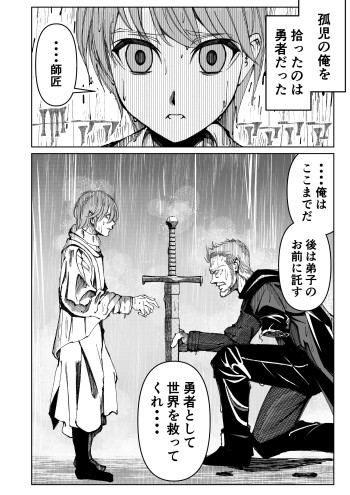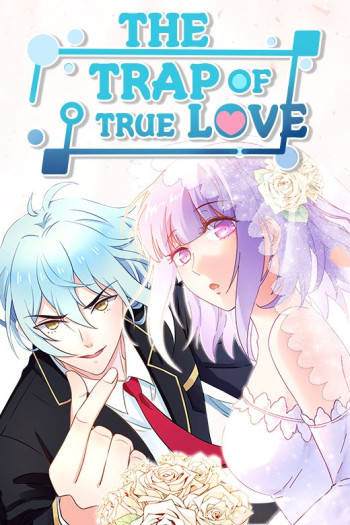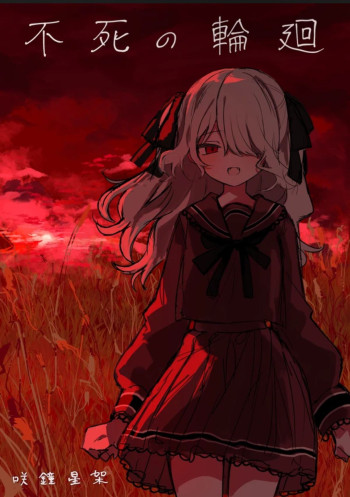In Renegade (The Captive 2), Erica Stevens continues the gripping saga of Aria, a young woman who has escaped the clutches of a brutal regime but finds herself grappling with the emotional scars left by her time as a blood slave. This sequel delves deeper into themes of trauma, healing, and the complexity of love, all while maintaining a fast-paced narrative that keeps readers on the edge of their seats.
The story picks up with Aria, who is still haunted by her memories of the palace and the prince, Braith, who betrayed her. Stevens does an exceptional job of portraying Aria's internal struggle; her journey is not just about physical escape but also about the emotional turmoil that lingers long after the chains have been broken. The author skillfully illustrates how trauma can manifest in various ways, affecting not only Aria’s mental state but also her relationships with those around her.
Aria's bond with Max, her best friend and fellow escapee, serves as a crucial anchor in her tumultuous life. Max represents a safe haven for Aria, providing her with the support she desperately needs as she attempts to piece her life back together. Their friendship is beautifully depicted, showcasing the importance of companionship in the healing process. However, Stevens does not shy away from exploring the complexities of their relationship, especially as Aria's feelings for Braith resurface. This creates a rich emotional landscape that adds depth to the narrative.
One of the standout elements of Renegade is its exploration of love in its various forms. Aria's feelings for Braith are complicated; she oscillates between anger, betrayal, and a lingering affection that she struggles to understand. Stevens captures this emotional conflict with finesse, allowing readers to empathize with Aria’s plight. The author raises thought-provoking questions about the nature of love and whether it can survive betrayal. This theme resonates with readers, as it reflects real-life complexities in relationships, making Aria's journey all the more relatable.
As the plot unfolds, the introduction of a marauding group of vampires adds an exciting layer of tension and danger. This external threat serves as a catalyst for Aria's character development, pushing her to confront her fears and make difficult choices. The action sequences are well-crafted, blending seamlessly with the emotional narrative. Stevens has a knack for balancing moments of high tension with quieter, introspective scenes, allowing readers to catch their breath while still remaining invested in the characters' journeys.
Stevens’ world-building is another highlight of the novel. The forest, which becomes a sanctuary for Aria, is vividly described, almost acting as a character in its own right. The contrast between the oppressive atmosphere of the palace and the liberating yet dangerous wilderness is palpable. The author’s attention to detail immerses readers in this richly imagined world, making the stakes feel even higher as Aria navigates her new reality.
Moreover, the reappearance of Braith adds a layer of complexity to the narrative. His character is multifaceted; he is not merely a villain but a product of his environment, which raises questions about redemption and forgiveness. Stevens does an admirable job of fleshing out Braith’s character, allowing readers to see glimpses of his internal struggles. This complexity makes the love triangle between Aria, Max, and Braith all the more compelling, as each character grapples with their own demons while trying to navigate their feelings for one another.
In terms of pacing, Renegade maintains a steady rhythm that keeps readers engaged. The plot twists are well-timed, and the tension builds effectively as Aria confronts her past and the choices she must make for her future. Stevens’ writing style is accessible yet evocative, drawing readers into the emotional depths of her characters’ experiences.
When comparing Renegade to other works in the genre, it stands out for its emotional depth and character-driven narrative. Fans of Sarah J. Maas and Jennifer L. Armentrout will likely find much to love in Stevens’ writing. Like Maas, Stevens explores themes of power dynamics and personal agency, while Armentrout’s influence can be seen in the romantic tension and character relationships. However, Stevens carves her own niche by focusing on the psychological aftermath of trauma, making her story resonate on a deeper level.
In conclusion, Renegade (The Captive 2) is a powerful continuation of Aria's journey, filled with emotional complexity, rich character development, and a gripping plot. Erica Stevens has crafted a narrative that not only entertains but also invites readers to reflect on the nature of love, trauma, and healing. As Aria navigates her tumultuous emotions and the dangers that threaten her newfound freedom, readers will find themselves rooting for her every step of the way. This book is a must-read for anyone who enjoys a blend of romance, fantasy, and profound character exploration.
























Reviews 0
Post a Reviews: